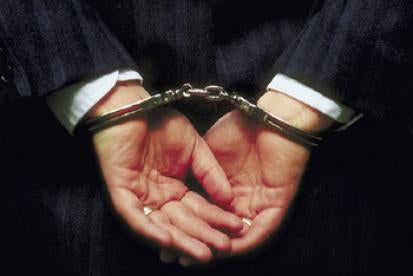In September 2014, the new Attorney General, Jeremy Wright, revealed that the government was considering introducing a new offence of corporate failure to prevent economic crime, such as fraud and money laundering, similar to the corporate offence in the UK Bribery Act 2010 of an organisation failing to prevent bribery.
In its UK Anti-Corruption Plan, published in December 2014, the government undertook to examine the introduction of this new offence by June 2015. Their reasoning being that ‘in addition to bribery, there are likely to be other forms of economic crime for which it is appropriate to ensure that senior corporate actors are sufficiently accountable.’
In their 2015 election manifesto, the Conservatives pledged to make it illegal for ‘companies to fail to put in place measures to stop economic crime such as tax evasion in their organisations’ and to ensure that penalties were large enough to punish and deter.
Why were the reforms necessary?
These reforms were supported by Serious Fraud Office’s (“SFO”) director, David Green QC, who said that these changes would make it easier for the SFO to effectively bring charges against companies. David Green QC has frequently cited the inadequacy of the English Law on corporate criminal liability. He attributes this to the identification principle (the need to attribute guilty knowledge to the directing mind of a company to secure a conviction) and advocates a move closer to vicarious liability, as in the USA.
David Green QC also argued that this change would complement the new Deferred Prosecution Agreement (“DPA”) provisions, as at the moment companies are likely to conclude that whilst the prosecution of a company is so difficult under UK law, there is no advantage in self-reporting and agreeing to a DPA.
What is the development?
On 28 September 2015, in an answer to a written question submitted by conservative MP Byron Davies, Andrew Selous, Parliamentary Under-Secretary of the Ministry of Justice, announced plans to stop work on creating a new offence for failing to prevent economic crime. Selous cited two main reasons for the decision:
1) There have been no prosecutions under the model Bribery Act offence; and
2) There is little evidence of corporate economic wrongdoing going unpunished.
This indicates that the government does not consider there to be a problem, and that the introduction of new laws and the widening of the current ones would be surplus to requirement. This is surprising as the government have previously expressed grave concerns about the damaging effect of corporate economic crime on the economy and the lack of options for dealing with companies that offend.
What is the effect of the decision on companies?
For the time being at least, there seems to be no prospect of a change in the law on corporate liability for economic crime. Companies should however remain vigilant to the corporate offence under the Bribery Act and ensure they have adequate anti-bribery and corruption systems in place as the SFO and Financial Conduct Authority (FCA) will continue to use the current model of corporate criminal liability in order to try and prosecute companies.
If there continues to be a lack of prosecutions under the current provisions and the new DPA system fails to take off, it is possible that the SFO will press for the threshold for corporate liability to be lowered and a widening of the provisions may well be considered again in the not too distant future.
Companies should also be aware that a government consultation on a potential new corporate criminal offence of failure to prevent the facilitation of tax evasion closed on 8 October 2015. The consultation indicates that this new offence will apply to both corporations with a presence in the UK and non-UK based corporations whose agents criminally facilitate the evasion of UK taxes in other jurisdictions. As with the bribery offences, there is likely to be a due diligence defence to ensure that corporations who have taken reasonable steps to put in place adequate compliance procedures are not prosecuted.



 i
i

